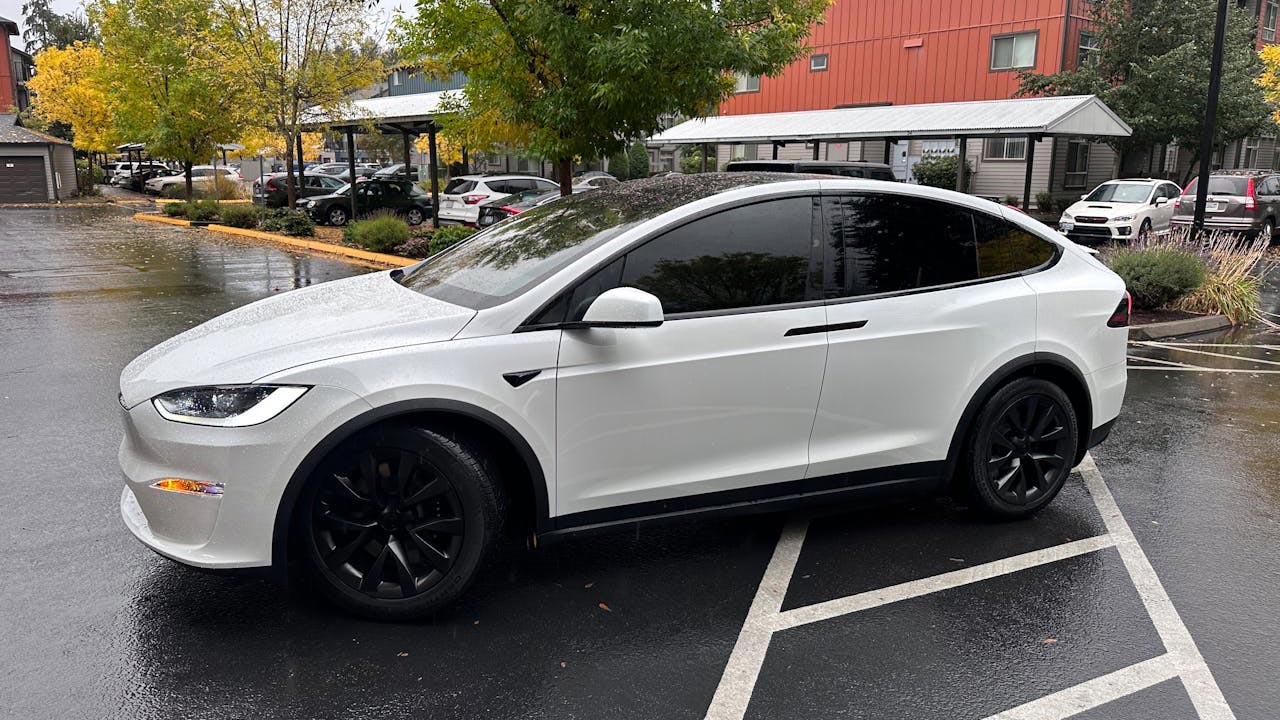
Electric vehicles (EVs) have gained significant traction in recent years, yet numerous myths persist about their capabilities and environmental impact. These misconceptions often deter potential buyers from considering an EV. Let’s set the record straight by debunking some common myths surrounding electric vehicles.
Electric Vehicles Have a Short Driving Range
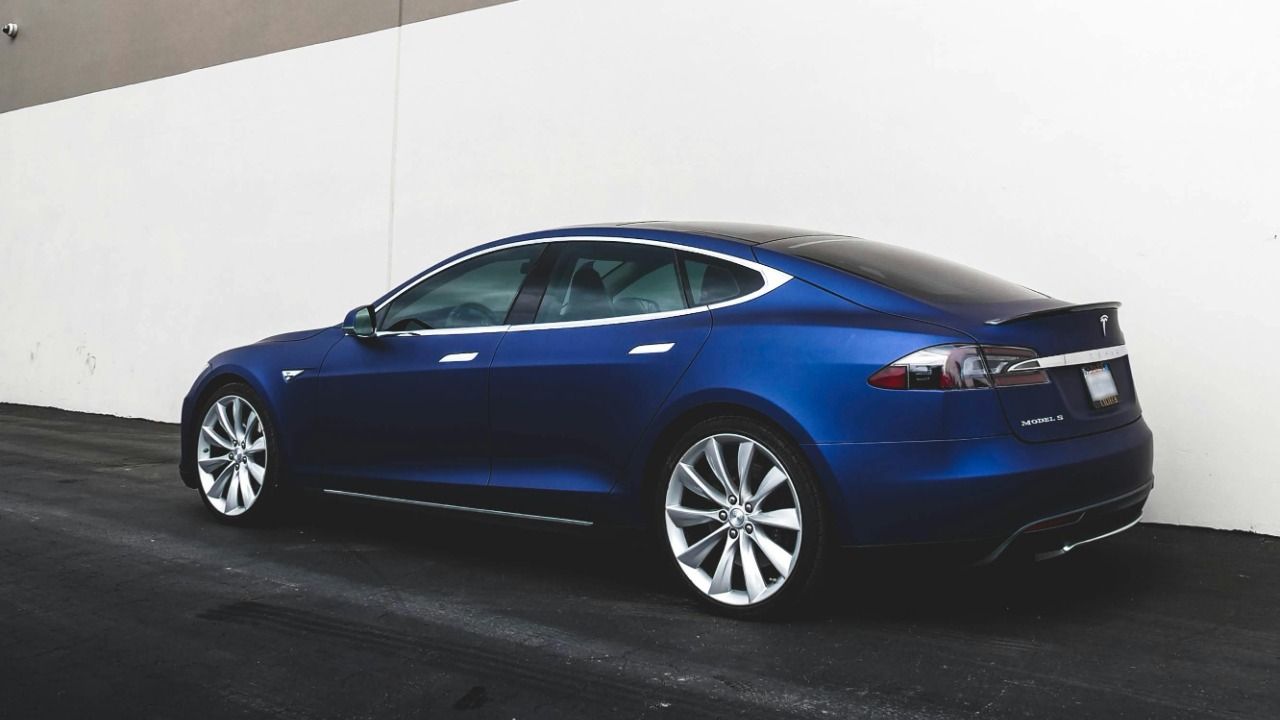
Contrary to the belief that electric vehicles can’t go the distance, many modern EVs boast impressive ranges. Several models now exceed 300 miles on a single charge, comparable to traditional gasoline vehicles. Green Car Reports highlights advancements in battery technology that continue to extend the range of electric vehicles. With ongoing improvements, range anxiety is becoming a thing of the past.
Electric Vehicles Are Too Expensive for the Average Consumer
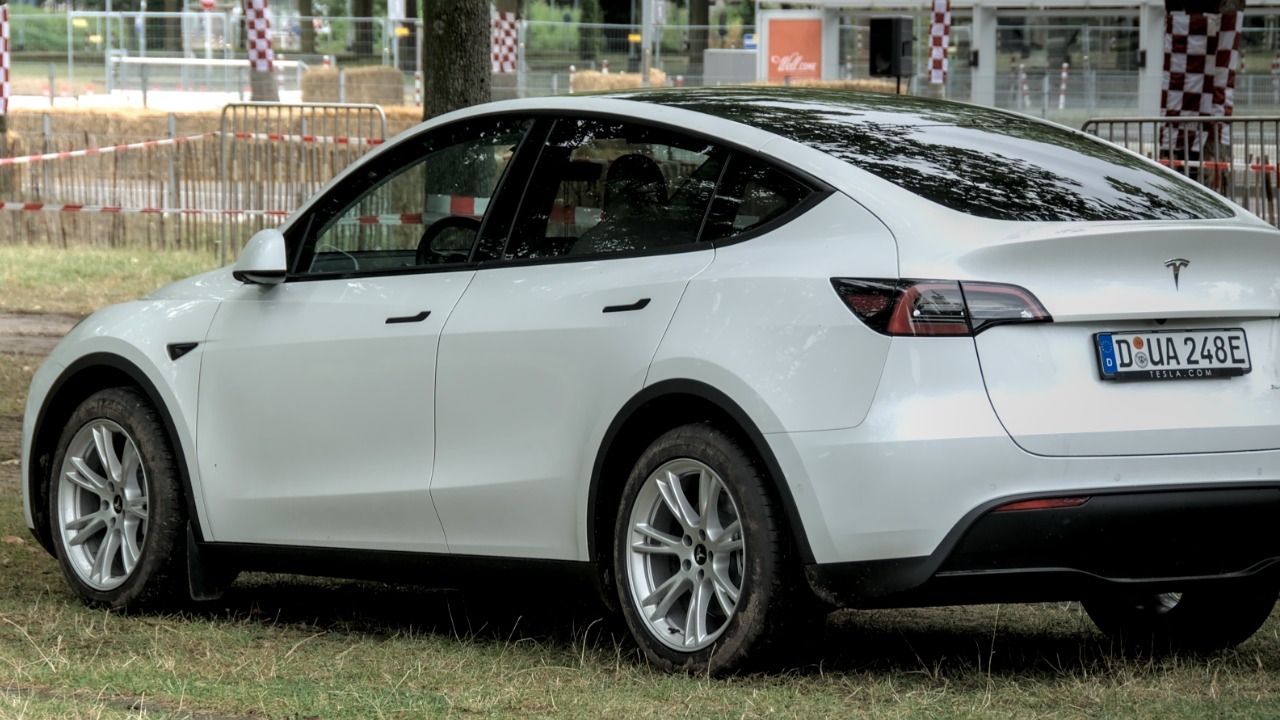
While electric vehicles were once considered a luxury, prices have become increasingly competitive. Government incentives and decreasing battery costs are making EVs more affordable. As noted by the EPA, the total cost of ownership for an EV can often be lower than that of a traditional vehicle due to savings on fuel and maintenance.
Electric Vehicles Take Too Long to Charge
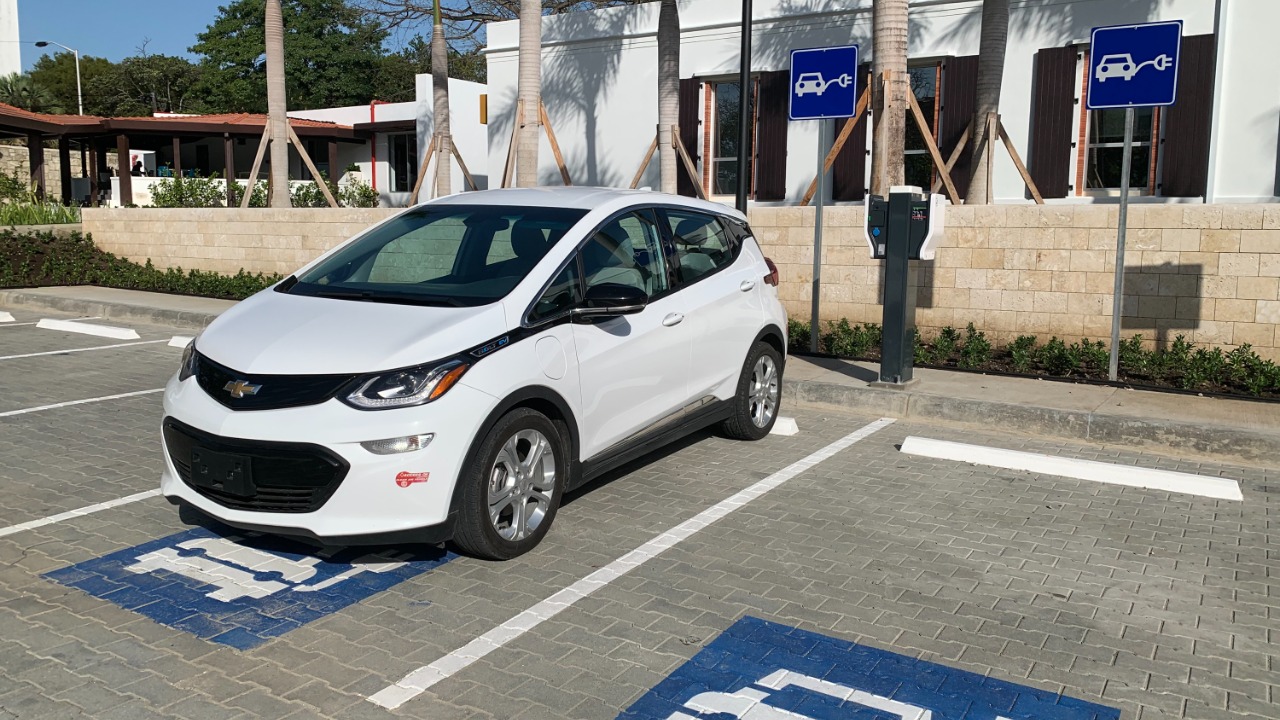
Charging times for electric vehicles have significantly improved. With the advent of fast-charging stations, many EVs can be charged to 80% in under 30 minutes. Home charging solutions also allow for convenient overnight charging. The Conversation emphasizes that charging infrastructure is rapidly expanding, further easing concerns about charging durations.
Electric Vehicles Are Not Eco-Friendly
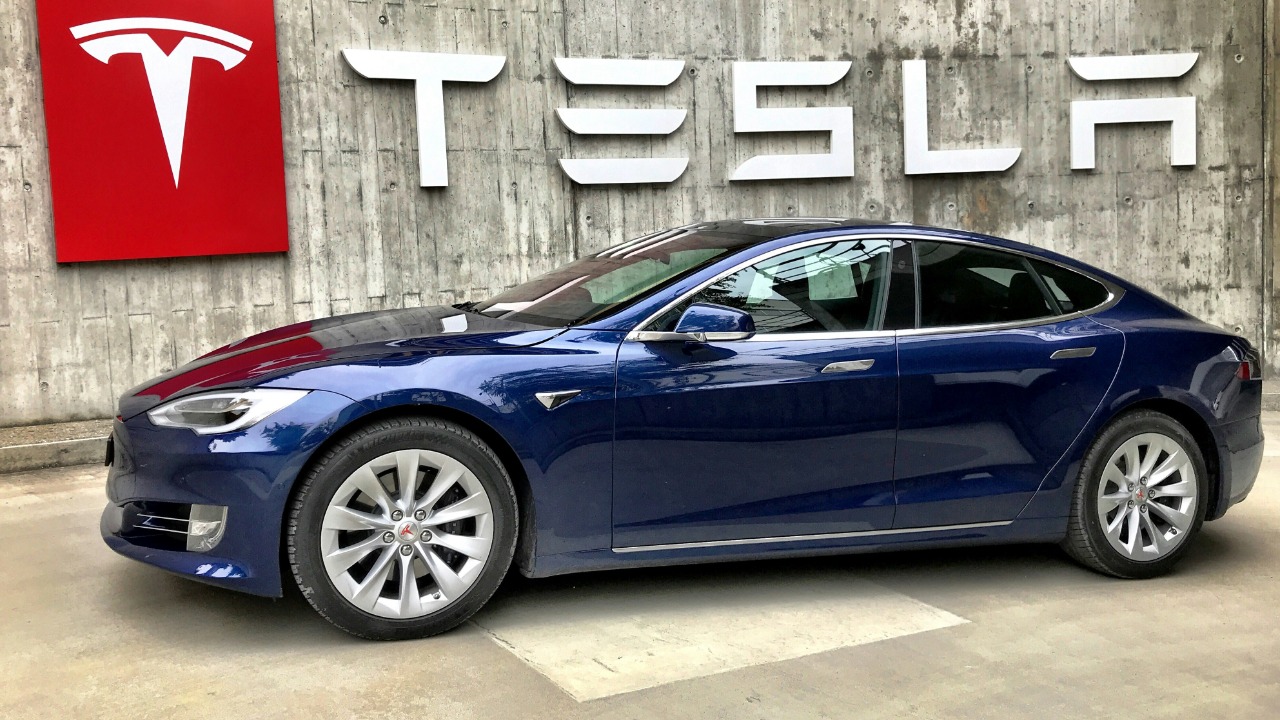
The notion that EVs are not environmentally friendly due to electricity generation is flawed. Studies, such as one discussed by MainFirst, indicate that even when accounting for the energy used in battery production, EVs generally have a lower carbon footprint over their lifetime compared to traditional vehicles.
Electric Vehicles Lack Performance and Power
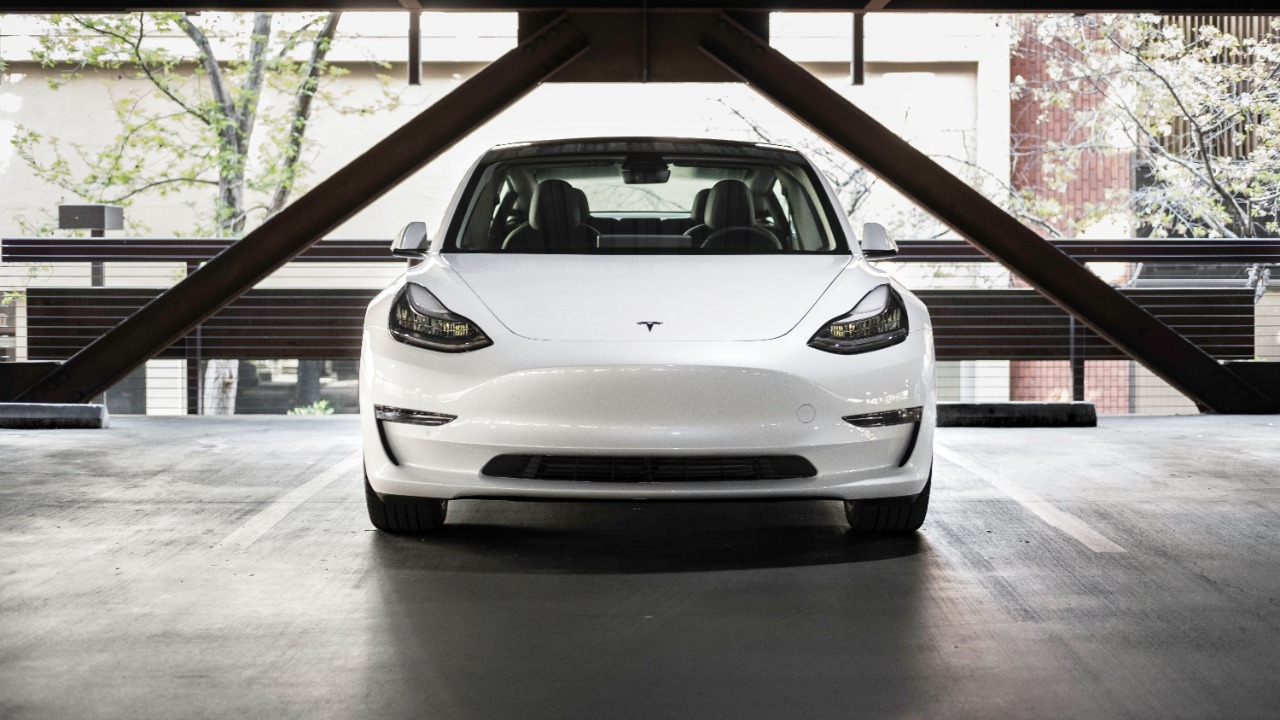
Electric vehicles are known for their instant torque, providing rapid acceleration and a thrilling driving experience. Many EVs outperform their gasoline counterparts in terms of speed and handling. The performance capabilities of EVs are showcased in high-end models like the Tesla Model S, which can accelerate from 0 to 60 mph in under 2 seconds.
Electric Vehicles Are Unsafe

EVs are subject to the same rigorous safety standards as traditional vehicles. Many electric models have received top safety ratings from agencies worldwide. Additionally, the low center of gravity in EVs, due to battery placement, often enhances stability and reduces rollover risk. For those concerned about safety, rest assured that electric vehicles are designed with your protection in mind.
There Aren’t Enough Charging Stations for Electric Vehicles
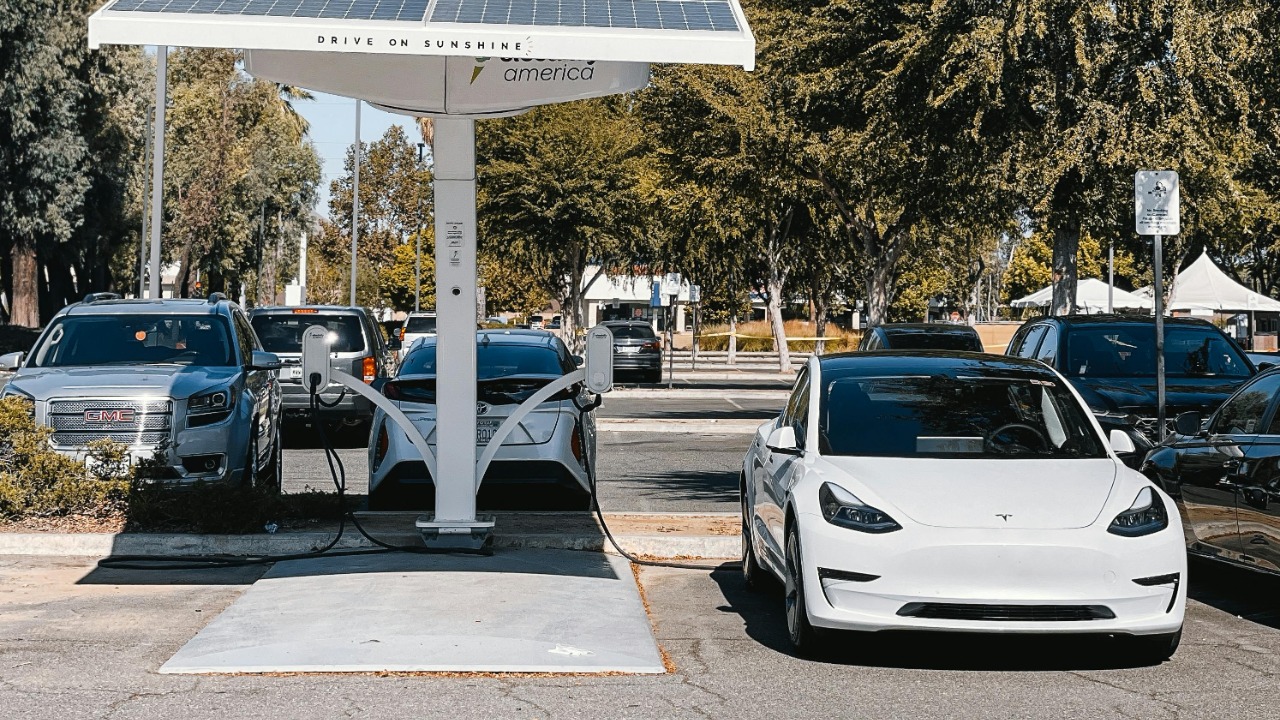
The infrastructure for electric vehicle charging has expanded significantly. According to the Electric Vehicle Association, there are now thousands of public charging stations across the country, with more being added regularly. Many workplaces and residential complexes also offer charging facilities, making it easier than ever to keep your EV charged and ready.